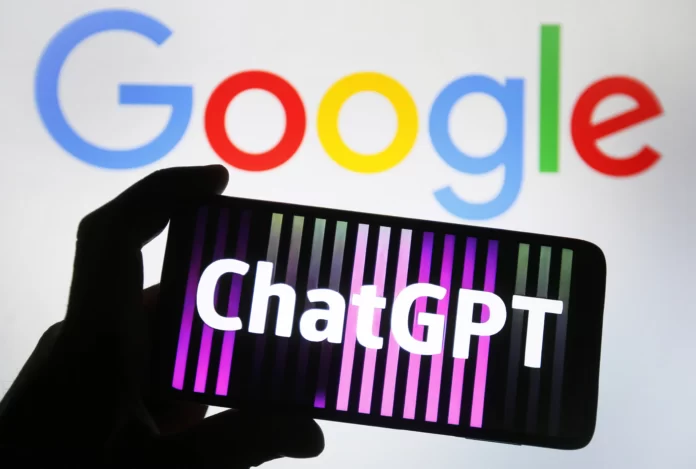OpenAI has expressed interest in acquiring Google Chrome if U.S. antitrust regulators succeed in forcing Alphabet Inc. to divest the popular web browser, a move that would significantly reshape the competitive landscape in both the search and AI sectors.
Nick Turley, head of product for ChatGPT at OpenAI, made the statement while testifying at Google’s high-profile antitrust trial in Washington, D.C. The case, led by the U.S. Department of Justice (DOJ), aims to dismantle Google’s dominance in online search and advertising by imposing sweeping structural remedies.
Although Google has not made Chrome available for sale and plans to appeal the ruling, Turley’s testimony signaled that OpenAI sees strategic value in controlling a major distribution platform. “We believe having multiple partners, and in particular Google’s API, would enable us to provide a better product to users,” Turley said in an internal email shown in court.
The comment followed Google’s rejection of OpenAI’s 2023 request to access its search technology.
The DOJ trial is already revealing how competition between tech giants is intensifying as AI applications become central to user engagement. Prosecutors argue Google’s control over search gives it an unfair advantage in the rapidly evolving AI race.
Internal documents presented in court showed that Google previously considered bundling exclusivity for its search engine, Chrome browser, and Gemini AI app with Android device makers.
However, Google has recently scaled back such exclusivity, allowing Samsung, Motorola, AT&T, and Verizon to pre-install competing services, a move it believes should satisfy regulatory concerns. Despite this, the DOJ seeks stricter remedies, including a ban on Google making large payments to secure default placement on devices.
OpenAI, which currently relies on Microsoft’s Bing for real-time search capabilities in ChatGPT, says gaining broader access to search infrastructure is key to improving its product. Turley testified that OpenAI’s goal is to eventually handle 80% of queries using its own technology, though that milestone remains years away.
Judge Amit Mehta, who is presiding over the trial, previously ruled that Google maintains a monopoly in search through exclusive contracts with device manufacturers and carriers. The trial continues to shine a spotlight on the intersection of search, AI, and market power—an arena where Big Tech’s next major battles are being fought.




